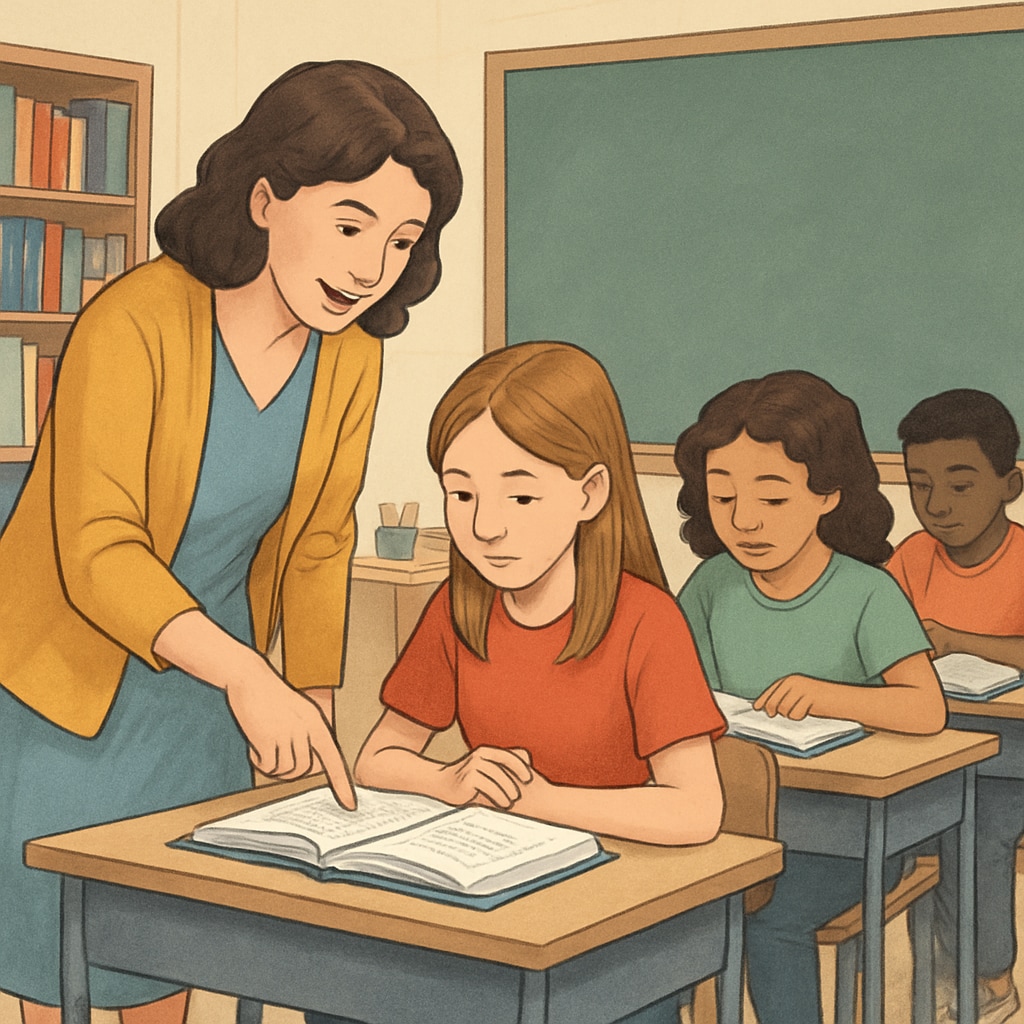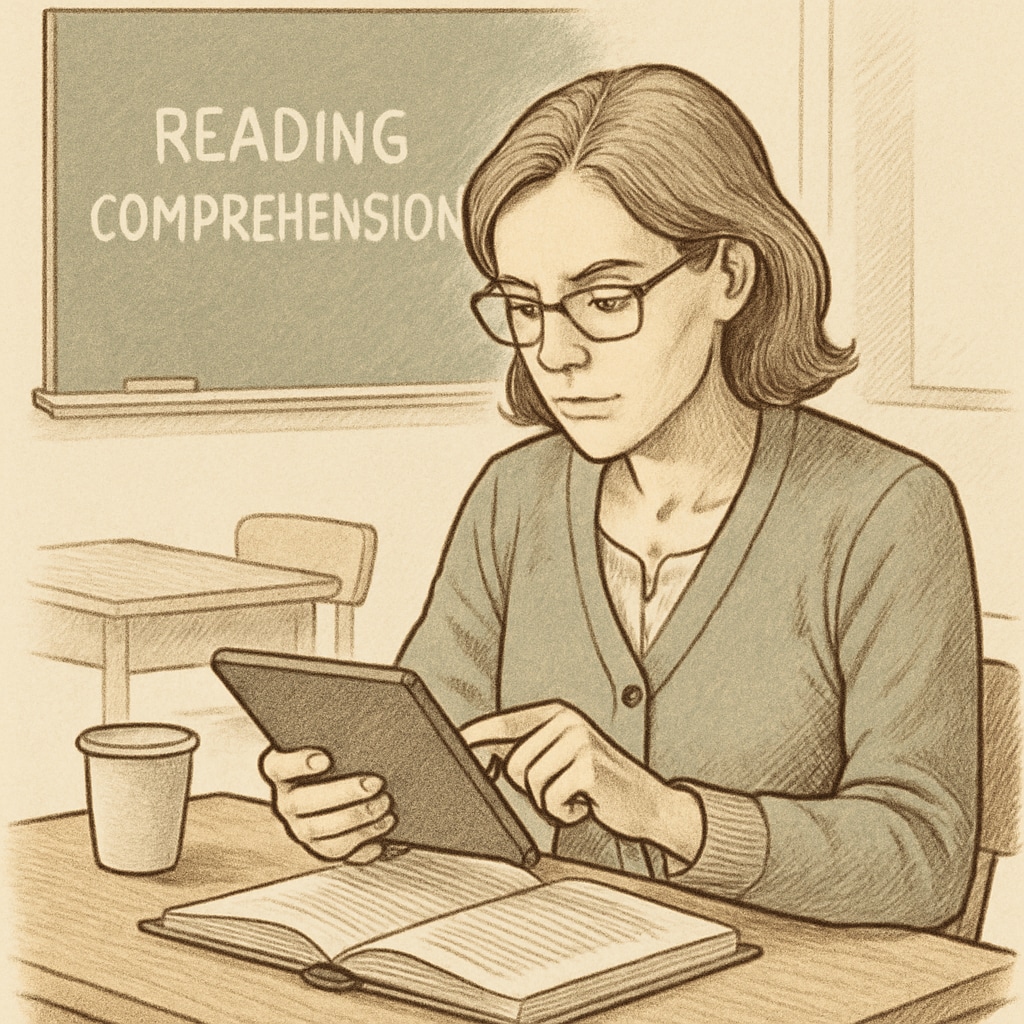Understanding reading comprehension, text complexity, and teacher volunteers is vital to improving educational outcomes in K-12 classrooms. Teachers play a central role in shaping students’ reading abilities, yet their expertise is often underutilized in academic research. By participating in studies on text complexity, teachers can contribute valuable insights that benefit thousands of students. This article discusses the importance of teacher involvement in such research and how dedicating just 30 minutes can make a significant impact.
Why Text Complexity Matters in Reading Education
Text complexity refers to how challenging a piece of writing is for readers to understand. It is influenced by factors such as vocabulary, sentence structure, and conceptual depth. In K-12 classrooms, ensuring students engage with appropriately complex texts is crucial for their reading development. However, identifying the right level of complexity can be difficult without data-driven insights.
Teachers, as frontline educators, are uniquely positioned to provide feedback on the effectiveness of texts used in the classroom. Their observations, combined with research findings, can help refine strategies to match students’ capabilities and needs. For example, studies on text complexity often incorporate measures like the Lexile framework (Lexile framework on Wikipedia) to assess readability, but teachers’ real-world input adds a practical dimension to these metrics.

How Teacher Volunteers Contribute to Research
Teacher volunteers play a pivotal role in advancing reading comprehension research. By participating in studies, they provide firsthand insights that researchers cannot replicate in controlled environments. For instance, teachers can highlight challenges students face when engaging with specific text levels or genres, offering critical feedback to improve reading strategies.
Research participation is designed to be simple and accessible. Studies often require only 30 minutes of a teacher’s time, during which they might complete surveys, evaluate sample texts, or share classroom experiences. As a result, their contributions directly inform efforts to optimize curriculum design and instructional methods.

Benefits for Teachers and Students
Participating in text complexity research offers several advantages for both teachers and students:
- Professional Growth: Teachers gain access to cutting-edge research findings that enhance their instructional skills.
- Improved Strategies: Research insights help create more effective reading activities tailored to student needs.
- Positive Impact on Students: Students benefit from improved text selection and teaching approaches, boosting their reading comprehension and confidence.
As a result, teachers contribute not only to academic research but also to the long-term success of their students. This collaborative effort strengthens the connection between educators and researchers, fostering innovation in K-12 education.
How to Get Involved
Becoming a teacher volunteer for reading comprehension research is both straightforward and rewarding. Educators can sign up through academic institutions, education-focused organizations, or online platforms promoting research participation. Many studies provide clear instructions and flexible schedules to accommodate teachers’ busy lives. For example, reputable organizations like EdResearch For All (EdResearch For All website) offer opportunities for educators to contribute.
By dedicating just 30 minutes, teachers can help shape the future of reading education. Their expertise ensures research outcomes are practical and applicable, making them indispensable partners in the quest to improve literacy skills nationwide.
In conclusion: Teachers are the cornerstone of effective reading comprehension and text complexity research. Their involvement not only informs academic studies but also drives meaningful changes in K-12 education. By volunteering, educators contribute to a brighter future for countless students, proving that even small efforts can lead to significant progress.


